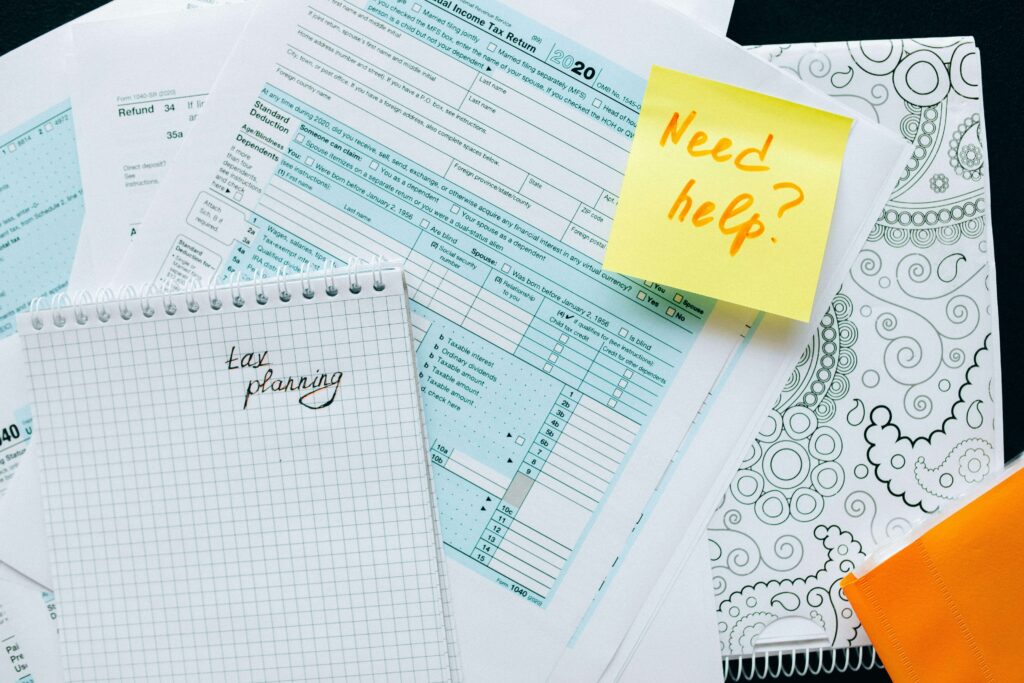Cash Flow Planning
It is crucial to monitor cash flow to ensure the continued prosperity of your business. Looking just at the revenue or the bottom line is a common error made by young enterprises. Significant revenue or net profit from Profit and Loss statement does not mean you have cash in the bank and can fulfill your financial obligations. Poor cash flow management is a major contributor to the demise of small businesses.
Cash flow is a company’s inflows and outflows of cash. Cash flow can be positive and negative. Positive cash flow means that there is more money flowing into the business than flowing out of it. Negative cash flow means that the company has more money outflowing than inflowing.
When evaluating the success of a business, the cash flow is as crucial as net profit.
Why is it crucial to forecast your cash flow?
Your business cannot survive without cash flow forecasting. Not knowing/anticipating how much cash your business will have at a certain time can result in grave consequences such as overspending or failure to invest in the right person, technology, or equipment. Forecasting cash flow can help your business in the following ways:
- Bill payments: when you forecast your cash flow, you will know when you can pay the bill and when you need to postpone or seek credit terms.
- Stop over-spending: you will know if you can afford a certain purchase if you know what your bank balance will look like in the future.
- Grow your business: growth requires initial cash investment and planning your cash flow will tell you exactly what you need to have in cash to achieve a certain growth goal
- Invest in new products/technologies/people: doing cash flow projections you know what your cash flow surplus is and how much you can invest in new products/technologies/staff
- Avoid unfavorable credit arrangements: many businesses apply for credit when they have no cash to operate their business and that’s where financing becomes very expensive. Doing cash flow projections will help you predict when you will need financing and apply to get credit when you are not desperate for it.
- Profit distributions: business owners can project when they can take additional profit distributions by projecting cash flow and making sure distributions will not hurt the business down the line.
How Can You Keep Cash Flow Healthy?
To improve your cash flow, you can follow some of these tips:
- Choose correct invoicing strategy
- Invoice more frequently
- Collect open receivables quickly
- Provide incentives to your customers to pay fast
- Pay your bills strategically
- Consider delaying some expenditures
- Have a line of credit
- Do cash flow forecasting on a regular basis, weekly, biweekly, or monthly
- Always review your statement of cashflows alongside P&L and Balance Sheet
Conclusion
An overwhelming majority of young enterprises fail because of the failure to manage cash flow. It is sited that over 60% of small businesses from around the world struggle with cash flow. Prevent yourself from becoming a statistic by proactively managing your business cash flow.
Schedule a free consultation if you need assistance managing your cash flow.










